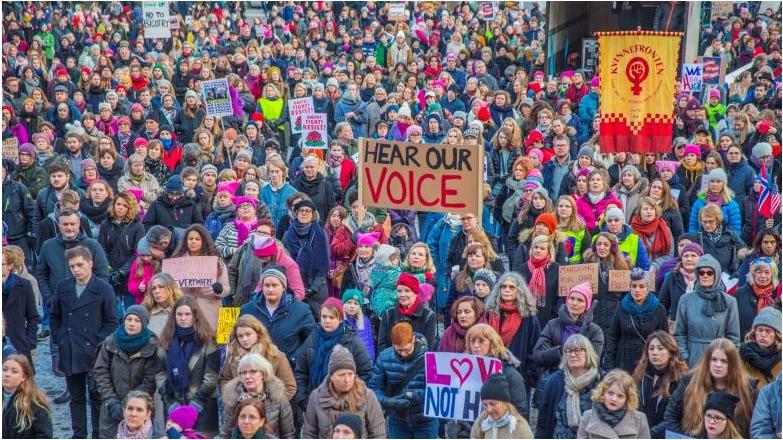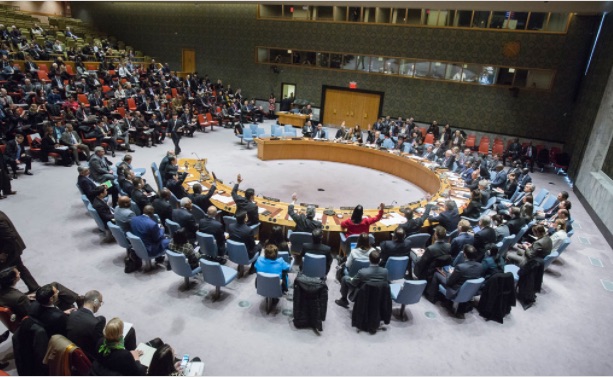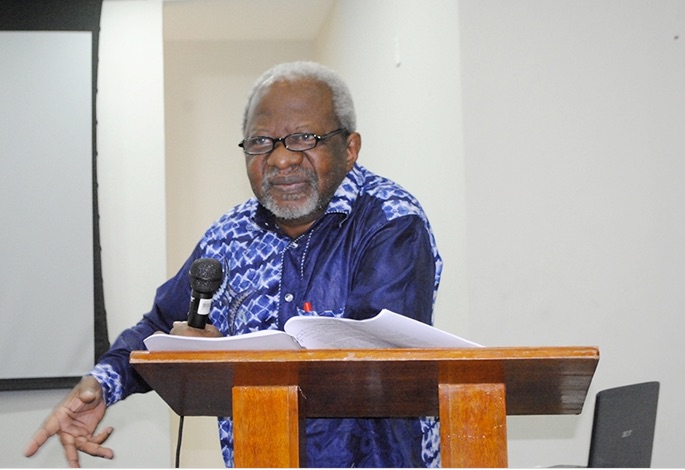In recent years the United States, Europe and their allies have increasingly addressed world problems without involving the UN, for example in the 2008 financial crisis, and their 2012 meeting in Washington against nuclear proliferation. In the past few days, the new US President has prepared an executive order that would radically reduce American funding of the U.N. And last month the lack of support was clearly evident in the negative votes of these countires concerning the resolutions for the human right to peace, the annual resolution for the culture of peace and the decision to hold a high level meeting on nuclear disarmament.
The resolution on the human right to peace was adopted by the UN General Assembly on December 19 by 131 in favour, 34 against, with 19 abstentions. Among the negative votes were Australia, Canada, United States, Israel, South Korea, United Kingdom, and members of the European Union including France, Germany, Netherlands, Austria, Belgium, Denmark, Sweden and Spain, and many Eastern European countries. Similarly on December 23, the General Assembly adopted by consensus its annual resolution on the culture of peace that was presented by 102 sponsoring countries. None of the above countries were among the sponsors, except for Belgium, Netherlands and South Korea.
The resolution on nuclear disarmament was supported by 140 countries, but once again,among the 30 countries voting against were Australia, Canada, United States, Israel, South Korea, United Kingdom and members of the European Union including France, Germany, Netherlands, Belgium, Denmark, Italy, Spain and many Eastern European countries. While China voted for the resolution, Russia voted against.
When the culture of peace was initiated by UNESCO, it was not supported by all of the socialist countries, but that has evolved in recent years. This year the culture of peace resolution was sponsored by, among others, China, Cuba, Georgia, Russian Federation, Viet Nam and the former Soviet countries of Central Asia. In addition, the Cuban ambassador to the UN introduced the resolution for the right to peace, and the Chinese ambassador to the UN recently stated that “The United Nations should advocate a culture of peace.”
Meanwhile, despite opposition, UN continues to work for peace.
One of the first actions of the newly elected UN Secretary-General António Guterres was to chair a dialogue between the Greek Cypriot and the Turkish Cypriot leaders aimed at reunifying the island that has been split in two since 1983.
The peace accords in Colombia, perhaps the most important peace agreement last year, was greatly aided by the United Nations, and the UN continues be active in its maintenance.
Tourism can make a major contribution to the culture of peace as we have shown in a previous CPNN bulletin on Peace through Tourism. Hence it is important that the United Nations has designated this year, 2017, as the International Year of Sustainable Tourism for Development.
Another major contribution to culture of peace is the free flow of information. Here, too the UN is active. Alfred de Zayas, the UN Independent expert on the promotion of a democratic and equitable international order recently welcomed the amnesty to American whistleblower Chelsea Manning He went on to call for amnesty to other whistleblowers like Julian Assange, Edward Snowden, the Luxleakers Antoine Deltour and Raphael Halet [See CPNN article] and the Israeli tax corruption whistleblower Rafi Rotem.
There are some initiatives that the United States, Europe and their allies continue to support at United Nations where they need support of all countries; for example, they voted for the recent Security Council resolution to guard against the risk that non-State actors may acquire or use nuclear, biological or chemical weapons.
The UN continues to show it is our best hope for peace. We showed it’s potential to promote peace during the years of the tenure of Director-General Mayor at UNESCO in the last decade of the 20th Century. Imagine what the UN could do for peace in the future if it were being run by the people, by the cities of the world, for example!
|
FREE FLOW OF INFORMATION |
WOMEN’S EQUALITY |
DEMOCRATIC PARTICIPATION Madrid: World Forum Against Violence and for Peace Education |
SUSTAINABLE DEVELOPMENT 2017 International Year of Sustainable Tourism for Development |
|
TOLERANCE AND SOLIDARITY |
HUMAN RIGHTS |
DISARMAMENT AND SECURITY |
EDUCATION FOR PEACE |





